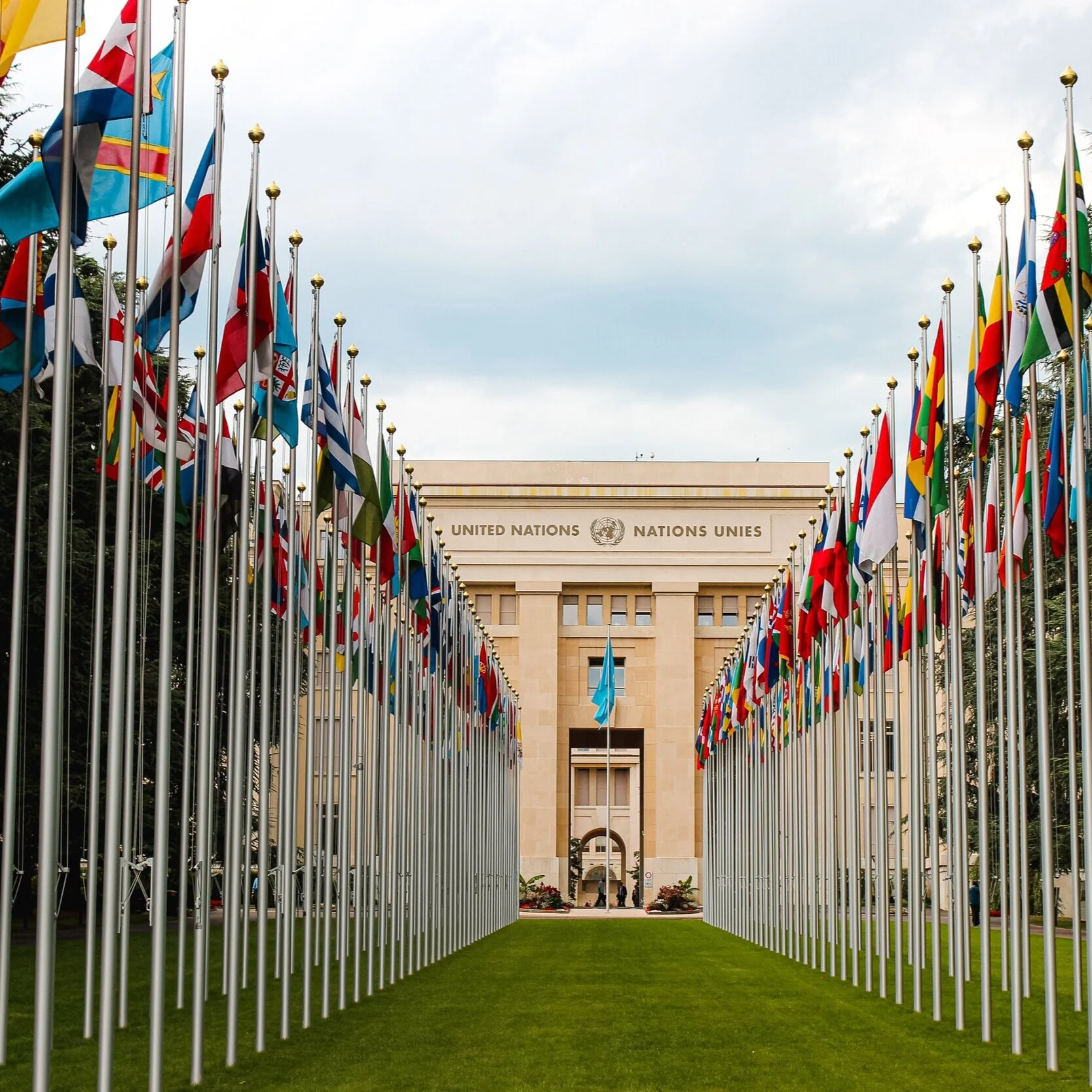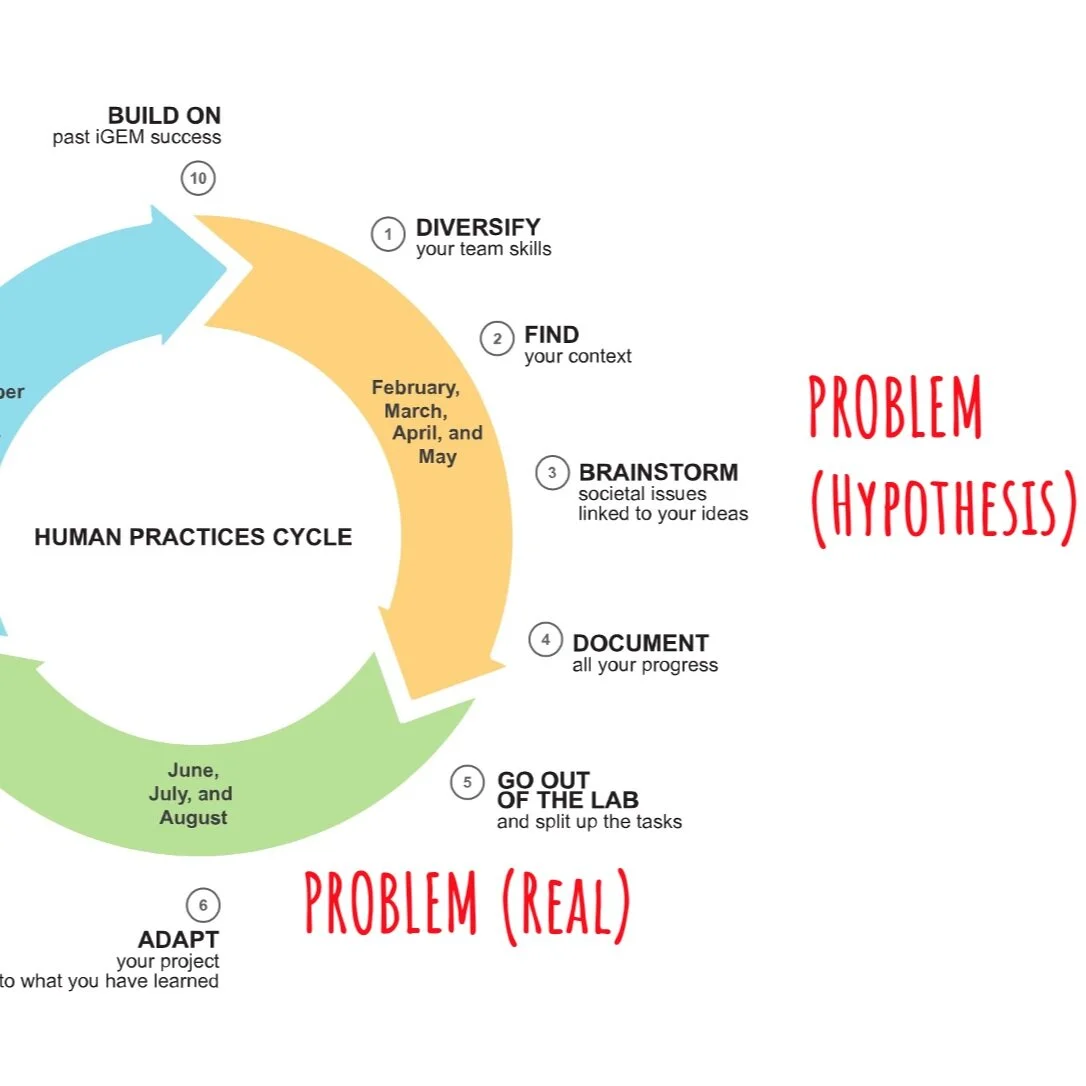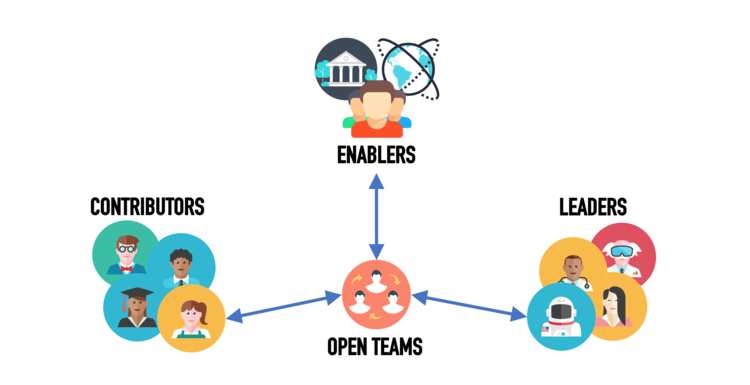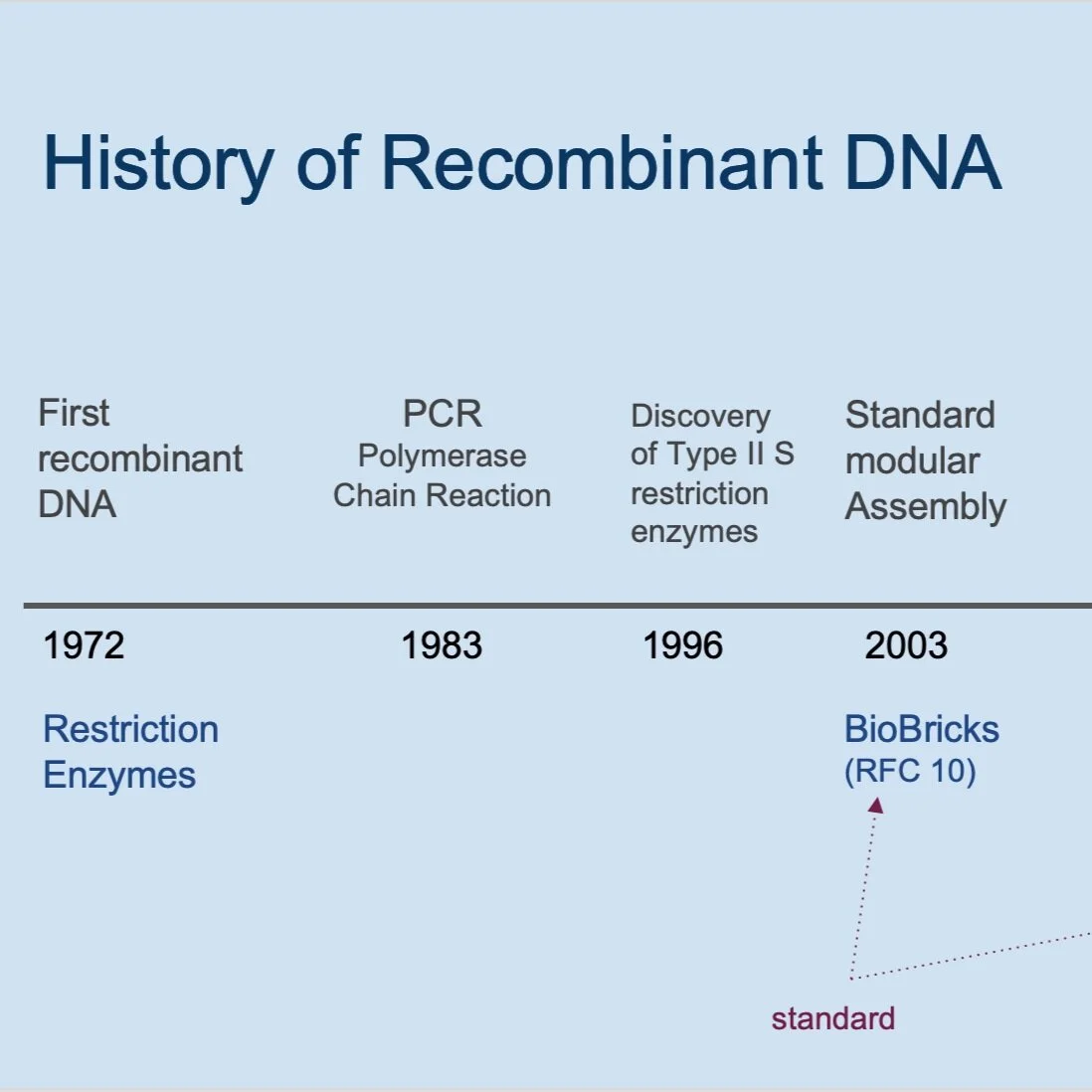Through iGEM Insights, we aim leverage data from iGEM as a unique open and international testbed to both improve the competition and the practice of synthetic biology (and science and engineering more broadly) beyond the competition.
Welcome!
This blog is where we share stories, announcements, and insights from around the iGEM community.





















